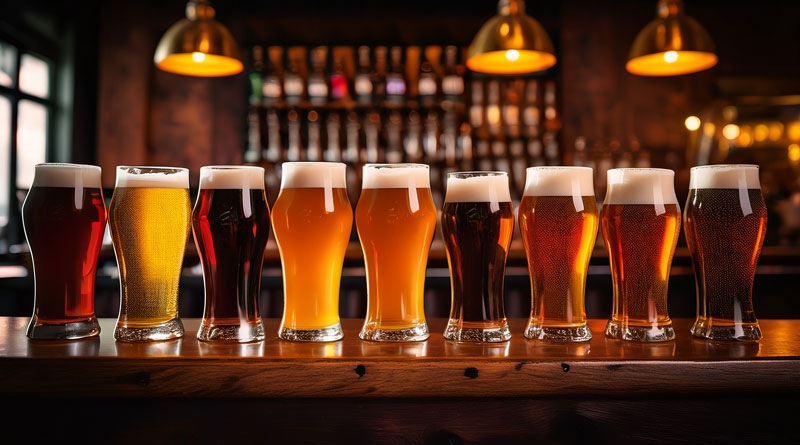Premium Drinks Hold Firm as Venue Closures Deepen

The UK hospitality sector delivered a mixed picture in August, according to the latest Oxford Market Watch from The Oxford Partnership. Consumers are showing strong appetite for premium drinks and are spending longer in venues, but structural pressures continue to weigh heavily on the market, with outlet closures accelerating in some regions.
The report highlights that while dwell times rose sharply, up +12.5% year-on-year in the latest four weeks, occupancy slipped, suggesting that although people are making more of each occasion, fewer customers are coming through the doors. London and the South East showed resilience, helped by tourism and a premium mix of venues, whereas Scotland endured the steepest outlet decline, down -3.0% year-to-date.
On spending, the divides are increasingly stark. The South West led the way on drinks, with spend per head up +13.7% year-to-date, and the West Midlands saw a short-term surge of +7.3% in the last four weeks. Scotland also outperformed on food, up +16.7% year-to-date. At the other end of the spectrum, Northern Ireland cut back sharply on drinks -5.7% MAT, while the North East recorded double-digit declines in food spend. Even London saw softness in food, down -2.3% in the most recent four weeks, underlining the pressure on dining occasions.
Category performance continued to polarise. Premium Lager (+1.7pp) and World Lager (+3.9pp) both gained share in the latest four weeks, with Stout surging (+14.0pp). In contrast, Core Lager and World 4% styles both slipped (-6.4pp), alongside Ale and Craft. Cider was mixed, slightly down in the short term but broadly stable across longer timeframes.
The August Bank Holiday provided a lift for the trade, with sales up +3.4% on a typical summer weekend. No/Low alcohol (+15.9%) and Cider (+10.1%) were the standout winners, while Premium and World Lagers also enjoyed strong uplifts, reflecting the willingness of consumers to spend more on key social occasions.
Alison Jordan, CEO of The Oxford Partnership, commented:
“August really underlined the polarisation in our sector. People are staying out longer and increasingly choosing premium options when they do, but that optimism is offset by a steady erosion of outlet numbers and uneven regional performance. The challenge for the trade is to balance value and premiumisation, keeping venues attractive for consumers under cost pressure, while capitalising on occasions where people are willing to spend more.”
The findings confirm that hospitality is now navigating a two-speed market, one where growth lies in catering to premium choices and new drinking occasions, while also tackling affordability challenges and the impact of ongoing closures.
